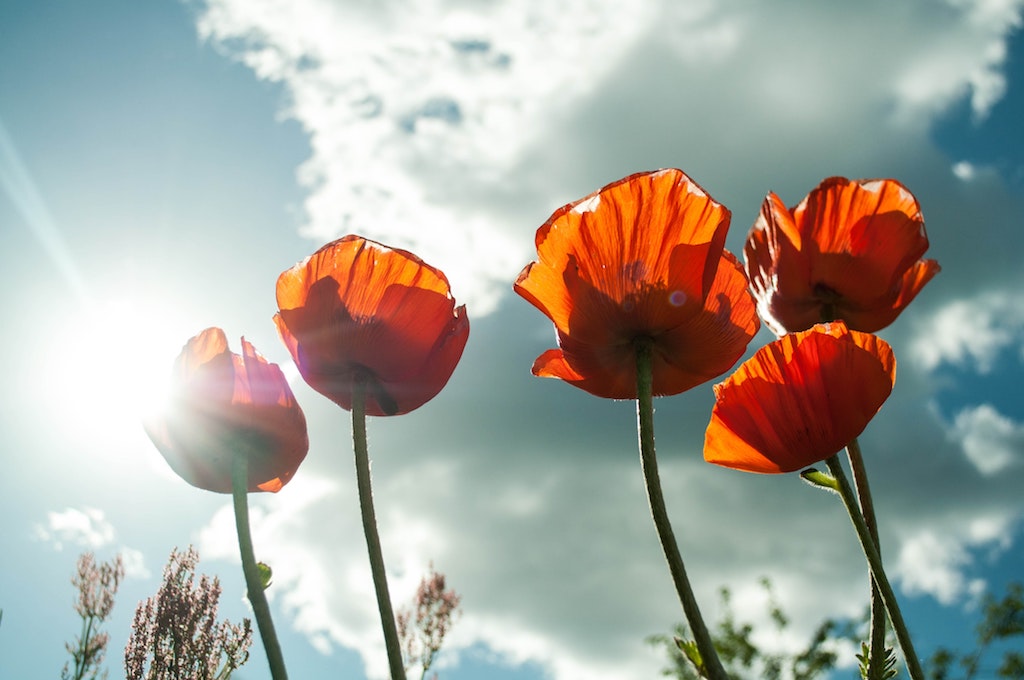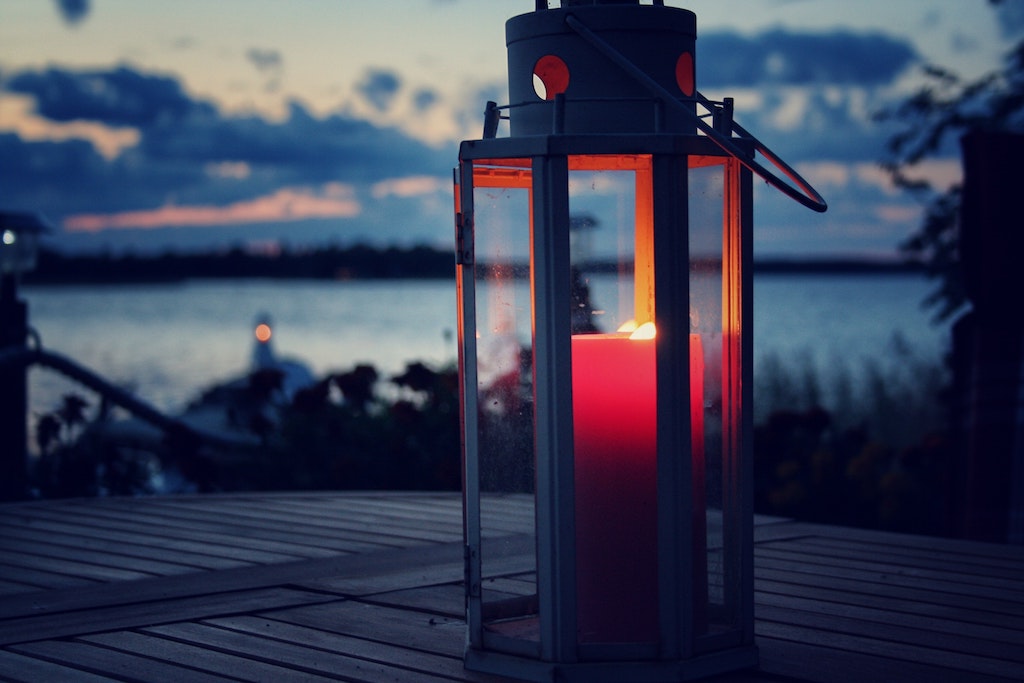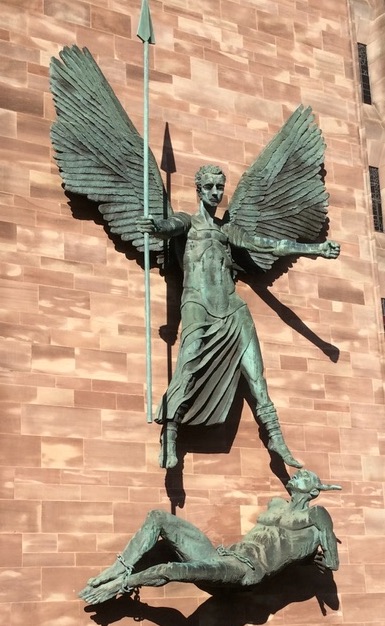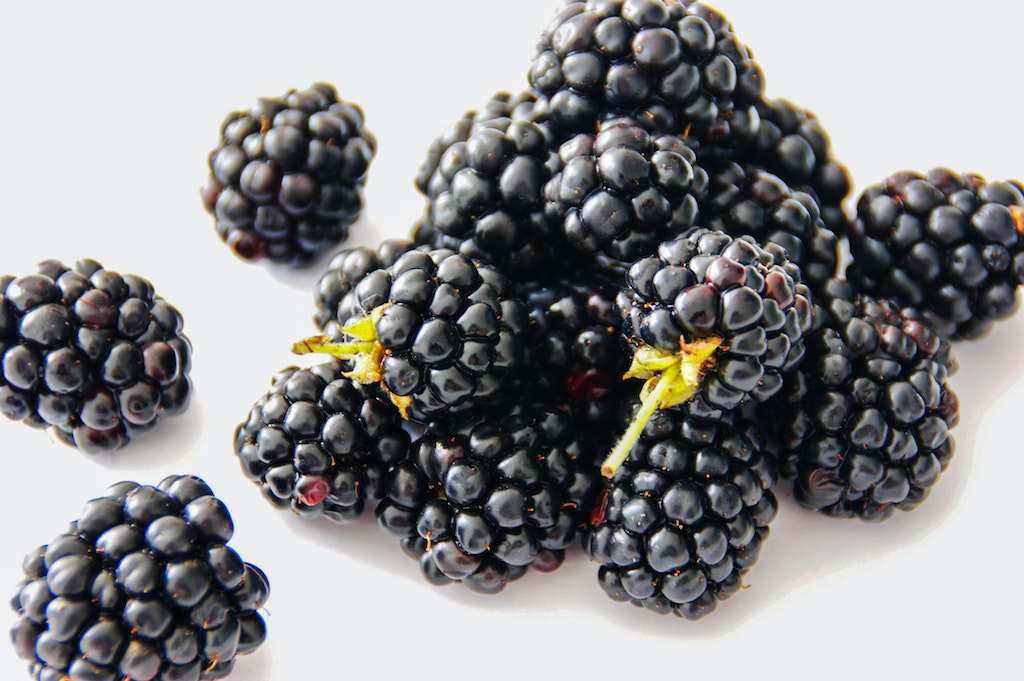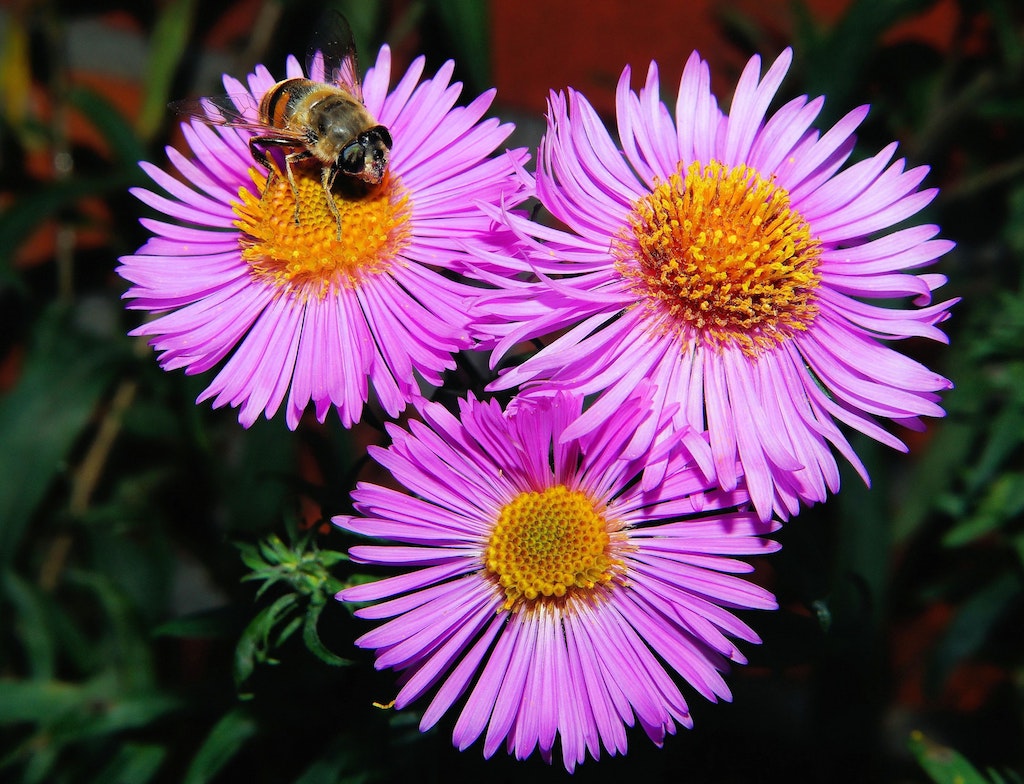This year Advent begins on 29th November. It is a time of waiting – expectation and preparation, not only for Christmas and the birth of Jesus our Saviour but also for the second coming of Jesus as king, judge and redeemer. Advent takes us into a period of reflection on what are called the four last things – death, judgement, heaven and hell. Sombre stuff – perhaps not your usual pre-Christmas focus. In these austere times, it might be nice to indulge in a little festive frivolity. But Advent provides – if we allow it to – the chance to reflect on how we prepare for the coming of the one who judges but also saves.

Light is a powerful and potent theme at this time of the year. As a student I loved the Advent carol service in the cathedral of the city where I studied. The service would begin in darkness ; then from the west end a single voice would break the silence with the opening lines of the Advent prose, ‘Drop down ye heavens from above, and let the skies pour forth righteousness; let the earth be fruitful and bring forth a Saviour.’ The choir, carrying candles, would proceed up the aisle to their places; as they progressed, the light would grow brighter until the whole cathedral was bathed in the warm light that only candles can provide.

The light comes so that the darkness can be removed. God comes into the world in human form so that sin can be driven away. Waiting for that light offers a time when we can reflect on how we need to let God’s grace work in our lives; allow his light to push the demons out so that his light can shine and there is simply no space for darkness.
In the cathedral mentioned earlier is the tomb of the venerable Bede. Above it are engraved the words:
‘Christ is the morning star, who when the night of this world is past, brings to his saints the promise of the light of life and opens everlasting day.’
– words that mirror Rev 22:16 at the end of the bible where Jesus says, ‘I am the root and the descendant of David, the bright morning star.’ Hope and light indeed.


